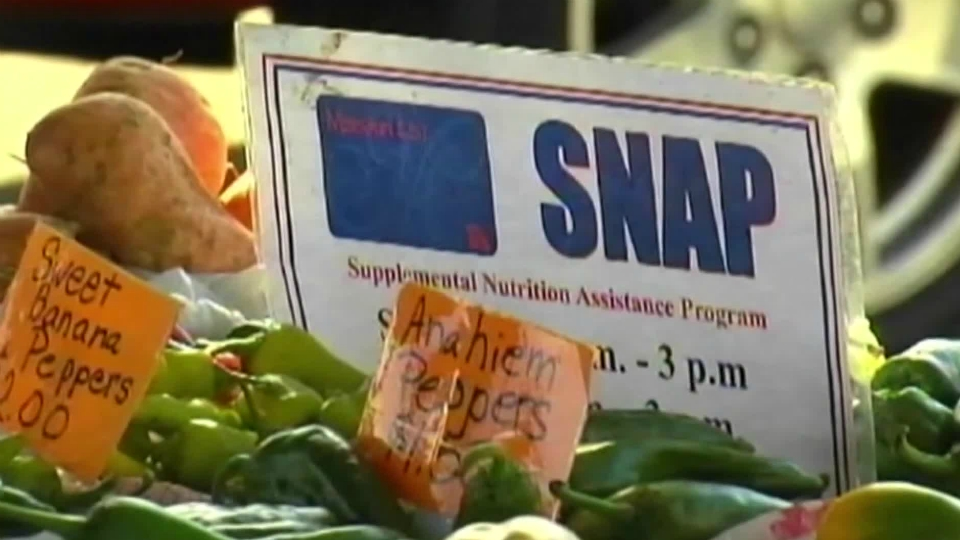Pennsylvania’s Supplemental Nutrition Assistance Program (SNAP) has come under scrutiny due to a peculiar quirk affecting three-person households. Michael Wentling, a single father on disability from Cumberland County, noticed a significant drop in his monthly SNAP benefits when one of his three children moved out, reducing his household size. While it’s expected that a smaller family would receive less assistance, the extent of the reduction seemed disproportionate.

Upon investigation, Wentling discovered that his benefits had plummeted from $177 to nothing after his daughter’s departure. Surprisingly, when he used an online benefits calculator, he found that a family of four with his income and expenses would receive $206, whereas a family of three would receive nothing. Even more perplexing was the fact that a two-person household would qualify for a monthly benefit of $23.
This disparity raised concerns about the fairness and logic behind the SNAP benefit allocation system. Wentling’s inquiries led him to a memo from Pennsylvania’s Department of Human Services (DHS), confirming the possibility of a three-person household receiving less aid than a two-person household due to eligibility criteria.
Pennsylvania’s SNAP eligibility is among the most generous in the nation, allowing households to qualify at up to 200% of the federal poverty limits. However, this anomaly highlights a flaw in the system where certain households, particularly those with three members like Wentling’s, do not benefit from the expanded eligibility. Instead, they receive even less aid than smaller households, despite having similar income and expenses.
The underlying reasons for this discrepancy remain unclear, but it underscores the need for a review of SNAP policies to ensure fairness and equity for all recipients. As Wentling’s case gains attention, advocates are calling for reforms to address the shortcomings in the program and prevent vulnerable families from falling through the cracks.
In response to inquiries, DHS did not provide a comment, leaving many questions unanswered. Meanwhile, the issue continues to affect numerous families across Pennsylvania, highlighting the urgency of resolving this inequity in SNAP benefits allocation.